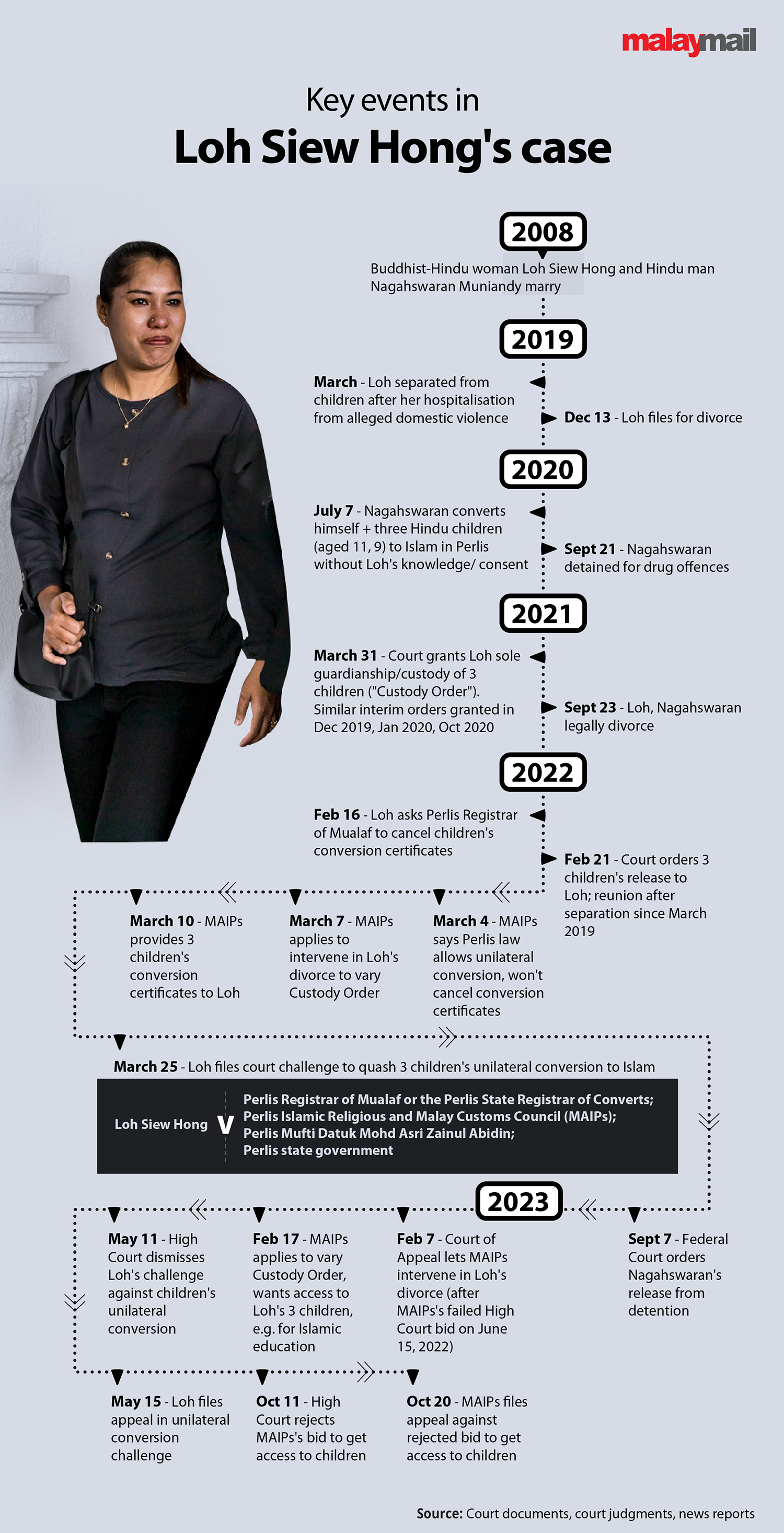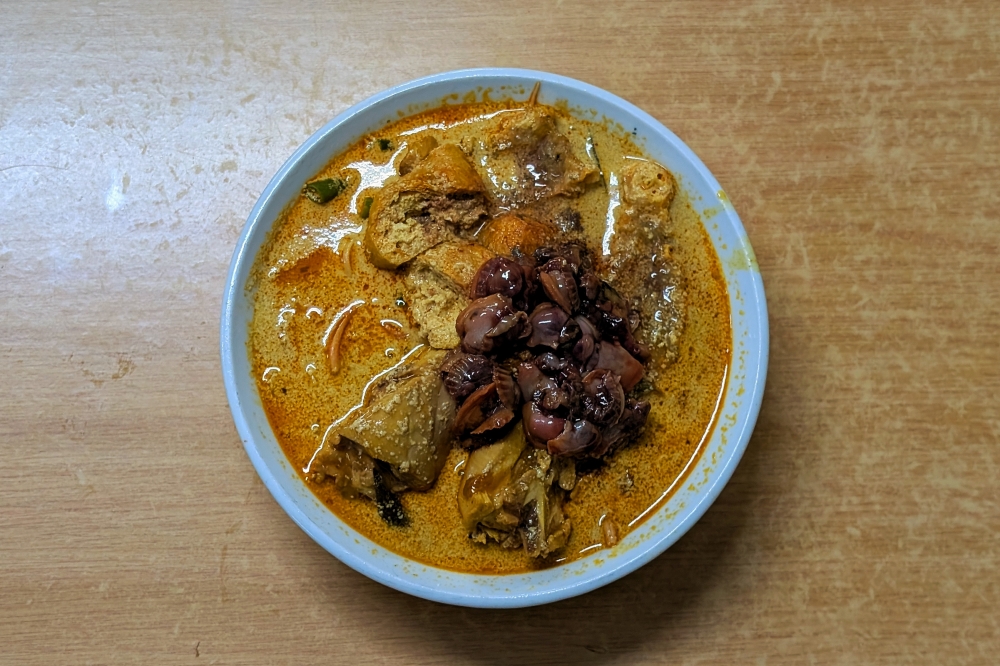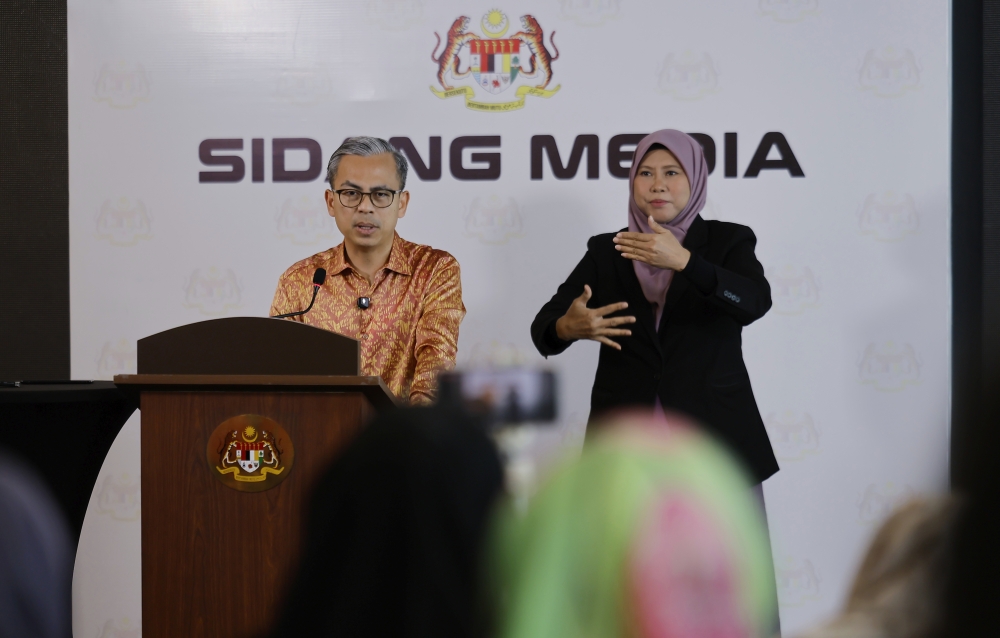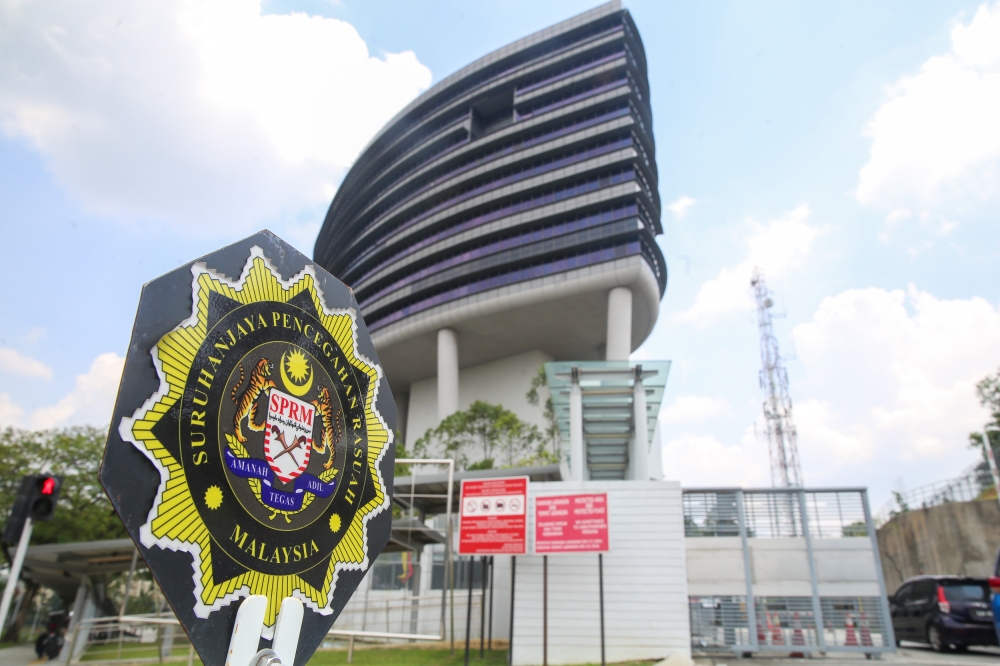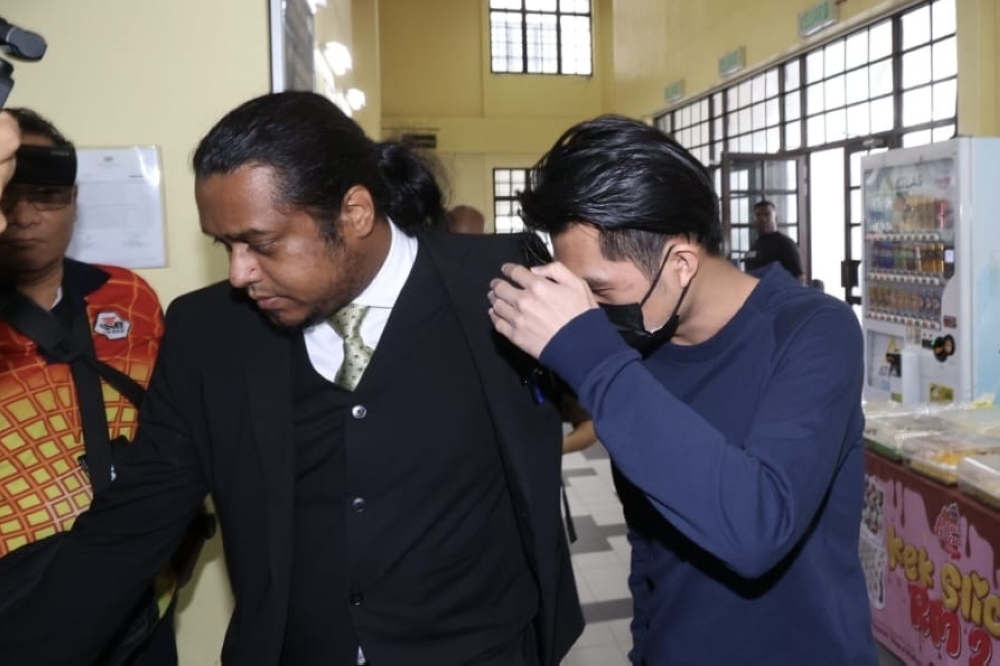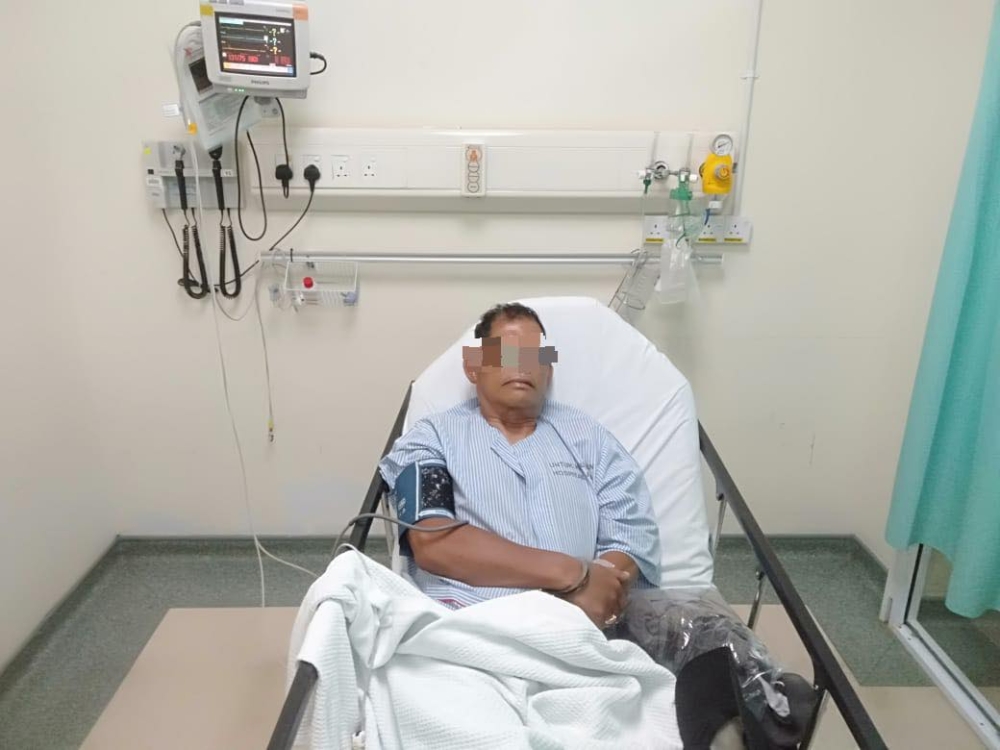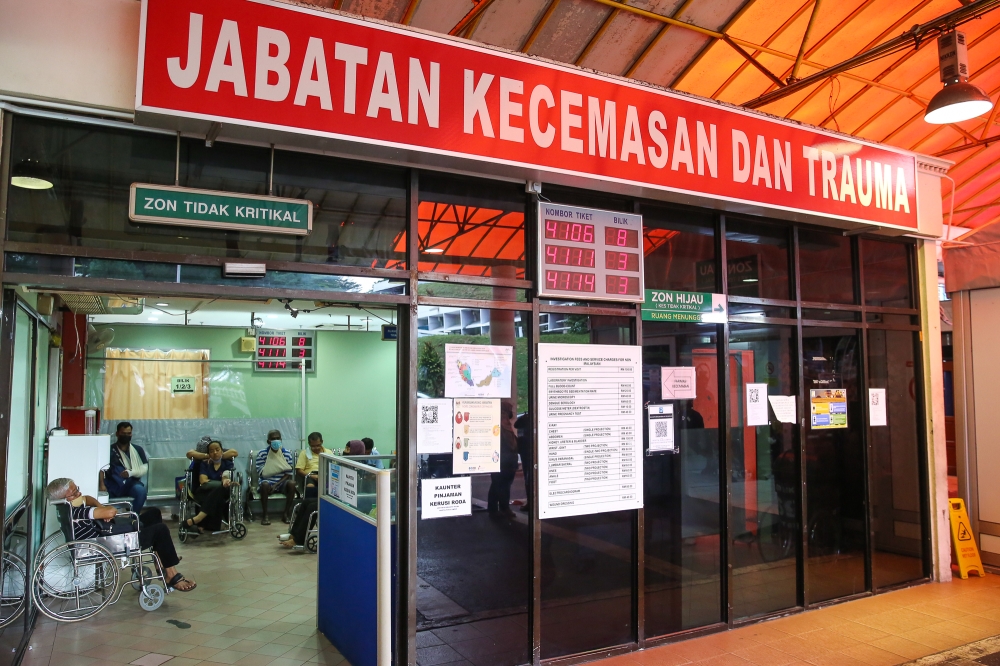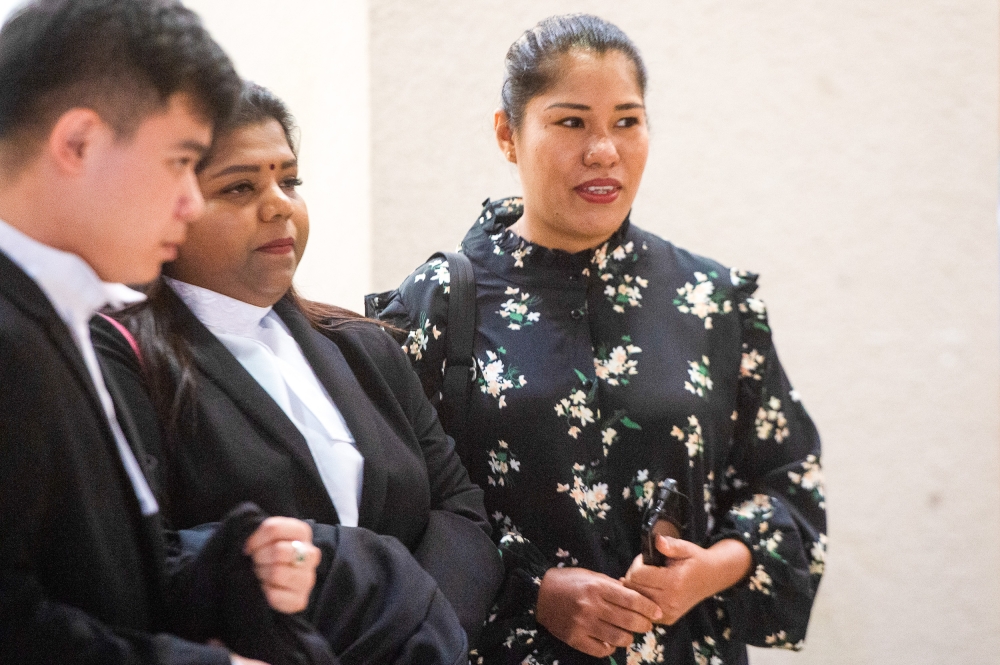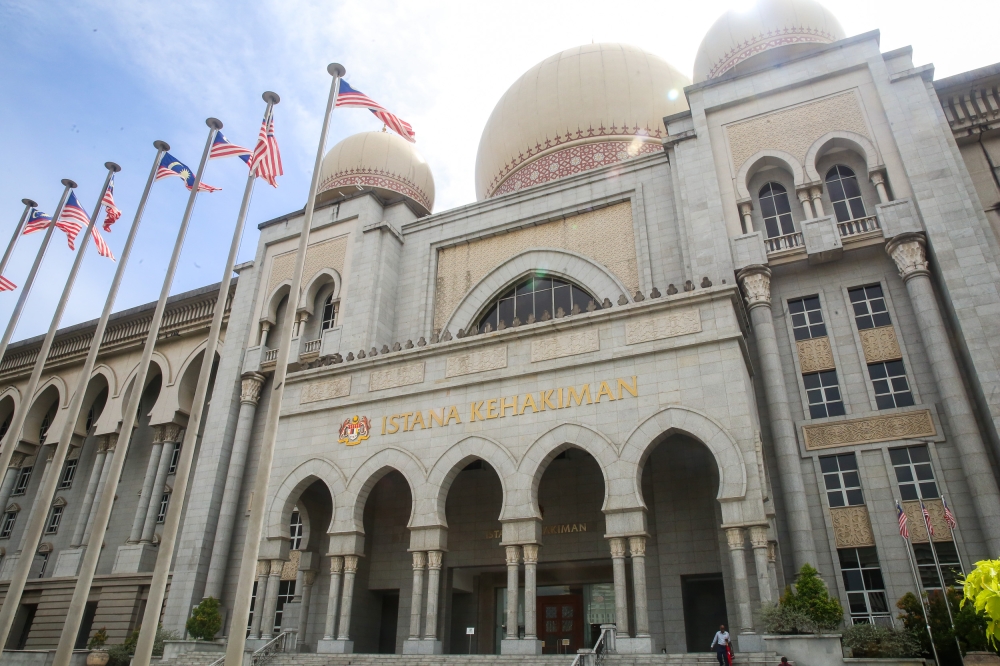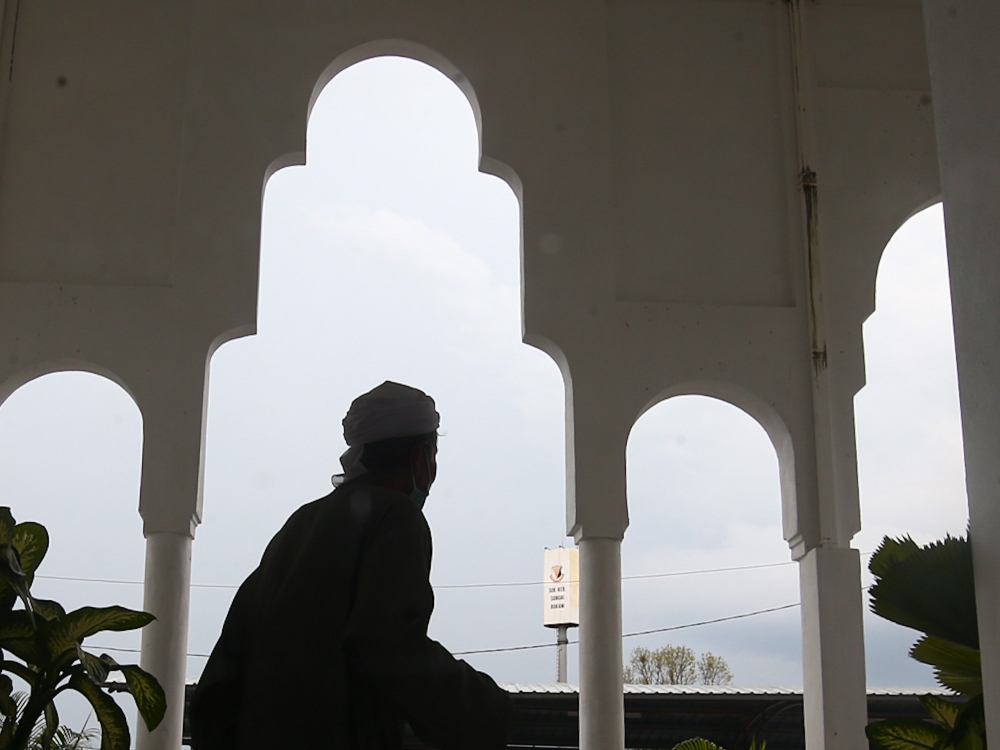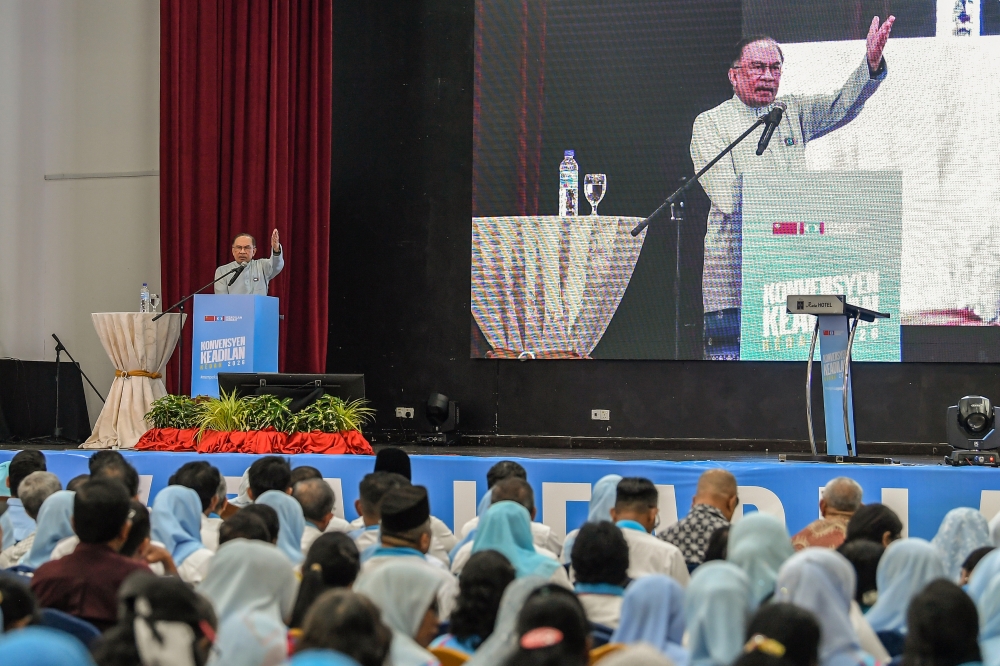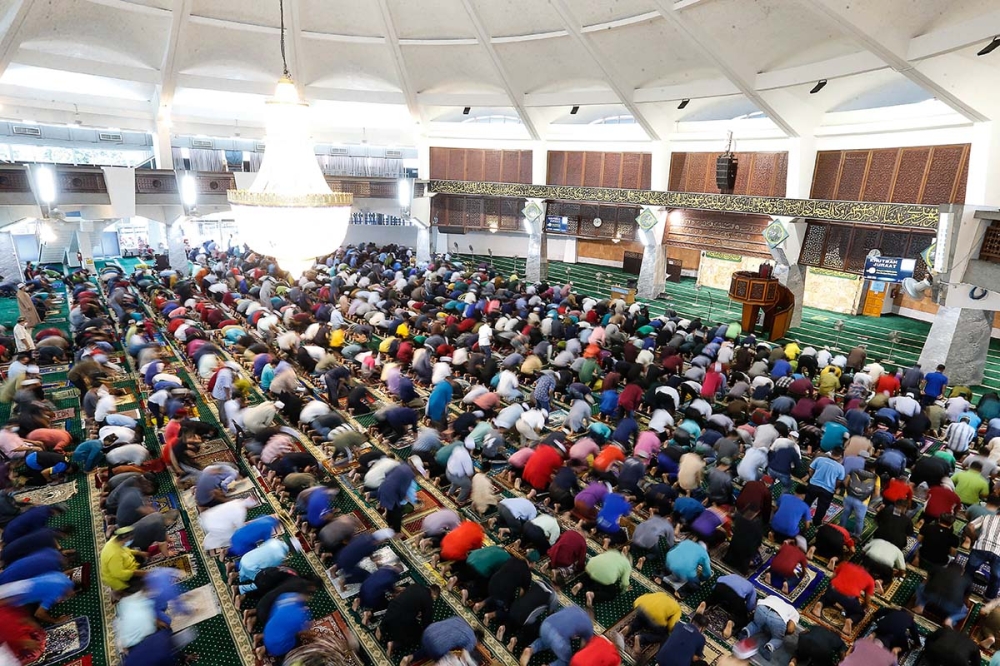KUALA LUMPUR, Jan 10 — Today, the Court of Appeal is scheduled to hear two court cases involving three children, who were unilaterally converted to Islam by their Muslim convert father without Hindu mother Loh Siew Hong’s knowledge or consent.
What are these two cases? What is the children’s official religious status? How long were the children separated from their mother and when were they reunited? Why does a state Islamic council want to gain access to the children?
Here’s a quick recap by Malay Mail of the facts that led to the two court cases, based on court documents and court judgments:
Loh Siew Hong, a Buddhist in official records who also practises Hinduism, was married to her then Hindu husband Nagahswaran Muniandy in 2008. Their three children (twin daughters and a son) were born in Kedah, and all three birth certificates recorded the children’s religion as Hindu.
After alleged domestic violence involving her husband with incidents in 2017 and 2019, Loh was in March 2019 hospitalised due to injuries she claimed was inflicted by him.
Loh was then separated from her children for nearly three years from March 2019 to February 2022, only managing to reunite with them after the person taking care of them contacted her and after the High Court ordered their release to her.
(In other words, the children were aged 10 and seven when they were separated from the mother, and were aged 13 and 10 when they could live with her again.)
For about half of the period when Loh was separated from her children (namely September 2020 to September 2022), Nagahswaran was detained over drug offences until he succeeded in obtaining a Federal Court order for his release from Pusat Pemulihan Akhlak Machang in Kelantan.
Amid Loh being separated from her children, the couple were officially divorced based on a court order. As part of the divorce, the High Court in March 2021 granted sole guardianship and sole custody, care and control of all three children to Loh.
Since reuniting with her children in February 2022, Loh has been living together with them.
Court Case #1: Were the three Hindu children’s conversion to Islam valid and legal?
Months after their divorce process began in December 2020, Nagahswaran in July 2020 became a Muslim convert and also took all three children along for their conversion to Islam. Loh has said this was done without her knowledge and consent.
According to Nagahswaran, he told his friend of his intention to convert to Islam with the three children, and that the friend then brought him and the children to the Perlis Islamic Religious Affairs Department on July 7, 2020 for the conversion.
Nagahswaran claimed that he and the children (then aged 11 and nine) had read out the kalimah syahadah — the declaration for belief in Islam — in both Arabic and Malay, and said that certificates of conversion to Islam were issued to all four of them on July 7, 2020.
Days before she was finally reunited with her three children after three years apart, Loh had through her lawyers on February 16, 2022 written to the Perlis registrar of Muslim converts to seek clarification on the three children’s religious status in official records in Perlis.
Loh’s lawyers highlighted the Federal Court’s 2018 decision in Hindu mother M. Indira Gandhi’s case which had interpreted the Federal Constitution and said both parents’ consent are needed for the religious conversion of children, and urged the registrar to either show proof that Loh had also consented to the three children’s registration as Muslims or to cancel their certificates of conversion to Islam and to remove their names from the registry of Muslim converts.
The Perlis Islamic Religious and Malay Customs Council (MAIPs) in a letter dated February 18, 2022 responded by citing a Perlis state law as allowing the religious conversion of children in Perlis with just one parent’s consent, insisting that the three children’s conversion was legally done as the father had consented and refused to cancel the children’s certificates of conversion to Islam.
This MAIPs letter was only emailed on March 4, 2022 to Loh, which was about a week and a half after the three children had been reunited with her.
After receiving the MAIPs reply, Loh’s lawyers on March 4, 2022 itself requested MAIPs to provide the three children’s certificates of conversion of Islam.
In a March 10, 2022 email, MAIPs provided the three children’s certificates of conversion to Islam as requested, with these documents recording the registration of their conversion at JAIPs on July 7, 2020.
On March 25, 2022, Loh filed a court challenge through a judicial review application at the High Court, naming four respondents including MAIPs and the Perlis registrar of Muslim converts.
In the lawsuit, Loh sought for nine court orders, including to declare that the three children are Hindus; to quash the July 7, 2020 certificates of conversion to Islam issued for the three children; to stop or quash the issuance of official cards of conversion to Islam to the children.
She had also wanted the court to order the removal of the three children’s names from the Perlis registry of Muslim converts, and to declare that Section 117(b) of a Perlis state law — which was amended in 2016 to enable a child to be registered as a Muslim convert with just one parent’s consent instead of both parents — is unconstitutional and invalid.
The High Court on May 11, 2023 dismissed Loh’s challenge against the conversion of her three children to Islam without her consent.
In his 18-page written judgment, High Court judge Datuk Wan Ahmad Farid Wan Salleh ruled that the certificates of conversion — issued in 2020 for the three children — are “conclusive proof” of their conversion to Islam.
The judge said that even if the certificates of conversion are not conclusive proof due to the three children’s unilateral conversion, and therefore invalid, he said the evidence seems to suggest they continued professing the religion of Islam. He later also said the evidence “points to the inevitable conclusion that they never left the religion of Islam”.
Stating that there was no evidence that the children were not happy staying with Loh or that they had stopped professing the religion of Islam after returning to her care, the judge decided that the children’s welfare means their status quo as Muslims should remain.
Loh on May 15, 2023 filed an appeal against the entire High Court ruling. This is the appeal that the Court of Appeal is scheduled to hear today.
Court Case #2: Can the Perlis Islamic council access the children for Islamic lessons, mosque visits, and enter their house?
Just a few days after telling Loh in March 2022 that the three children’s certificates of conversion to Islam were valid and would not be cancelled, MAIPs on March 7, 2022 began efforts to gain access to the three children (who had already been reunited and were living together with their mother).
To gain access to the children for purposes such as giving them Islamic lessons, MAIPs asked the High Court for it to be allowed to intervene or be made a party to the divorce proceedings between Loh and Nagahswaran. (The couple had long since been divorced in September 2021, but MAIPs wanted to be made a party in order to apply to make changes to the March 2021 custody order — in favour of Loh — to get access to the three children.)
After failing at the High Court and later succeeding at the Court of Appeal to be made a party to the divorce case, MAIPs in February 2023 applied for the custody order to be changed to let it meet the children for Islamic lessons, and to bring them to mosques or Islamic celebrations, and to enter their house periodically, among other things.
On October 11, 2023, Family Court judge Hayatul Akmal Abdul Aziz dismissed MAIPs’s bid to get access to the children.
(MAIPs had based its application to vary the custody order to get access to Loh’s three children by citing alleged “material change in circumstances” when the trio were converted to Islam, but the High Court or the Family Court found there was no material change in circumstances.)
With no objections from all parties in the case and MAIPs itself saying it would be fair to do so, the judge had previously on September 27, 2023 privately interviewed each of the three children (who were due to turn 15 and with the youngest aged 12) separately.
In her judgment, the judge shared the interviews’ outcome, noting that the three children had objected to MAIPs’s application to get supervised access to them and had told her they do not want to be Muslims, and are “now very happy” and attend school and wish to concentrate on and do well in their studies, and that they are very active in co-curricular activities.
The Family Court judge said the facts of the case showed that the three children had gone through “multiple traumatic experiences” in their formative years, and said it would not be in their “best interest” to have long-drawn and unnecessary squabbles over access.
Click here for a quick summary by Malay Mail of the Family Court’s 41-page judgment and why it decided to dismiss MAIPs’ bid to get access to the children.
On October 20, 2023, MAIPs filed an appeal against the Family Court’s decision. This appeal is also scheduled to be heard by the Court of Appeal today.
Today, both court cases are scheduled to be heard by the same panel of judges at the Court of Appeal.
A court hearing may not necessarily result in any decisions being delivered on the same day, and court rulings are in many cases delivered at a later date.
